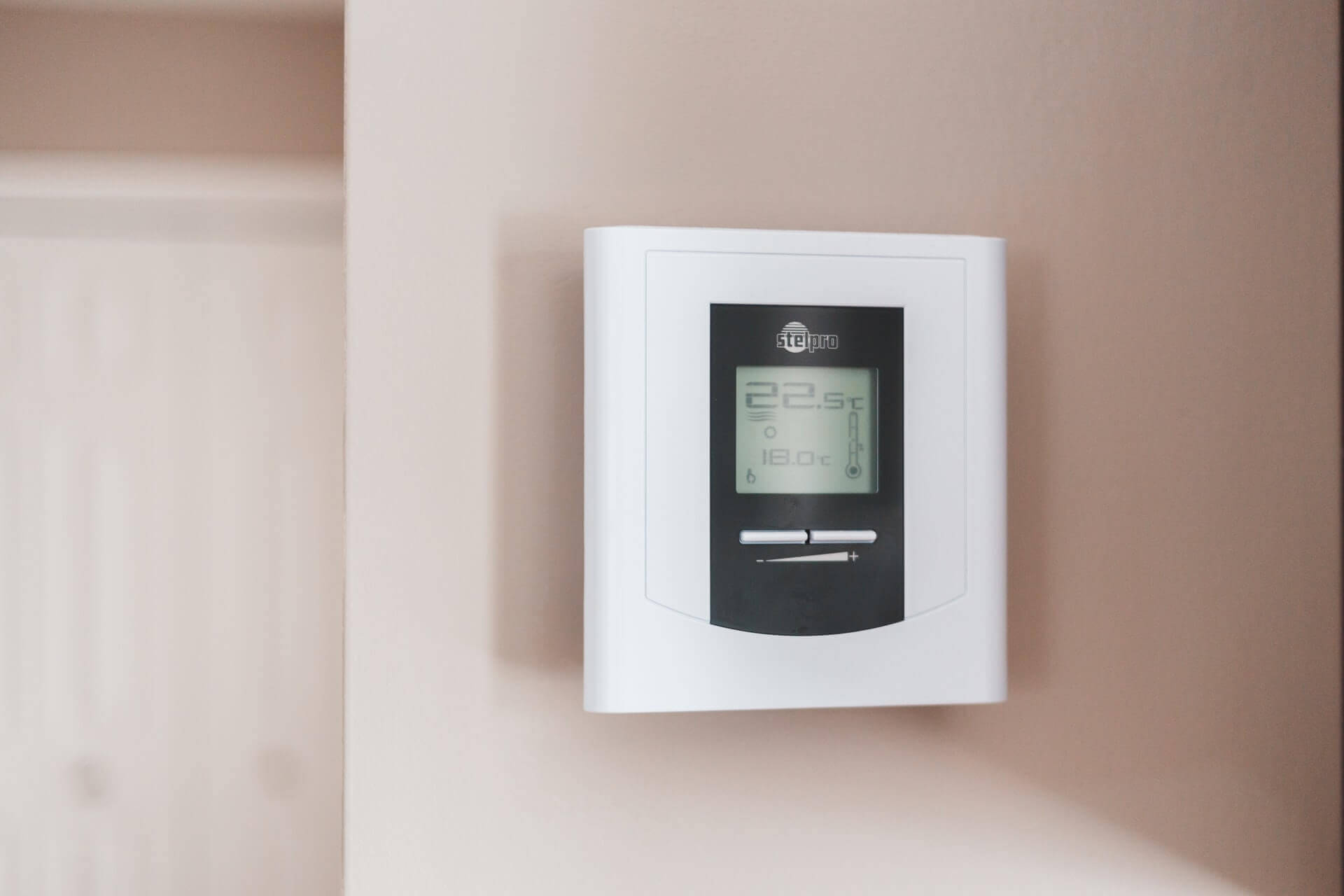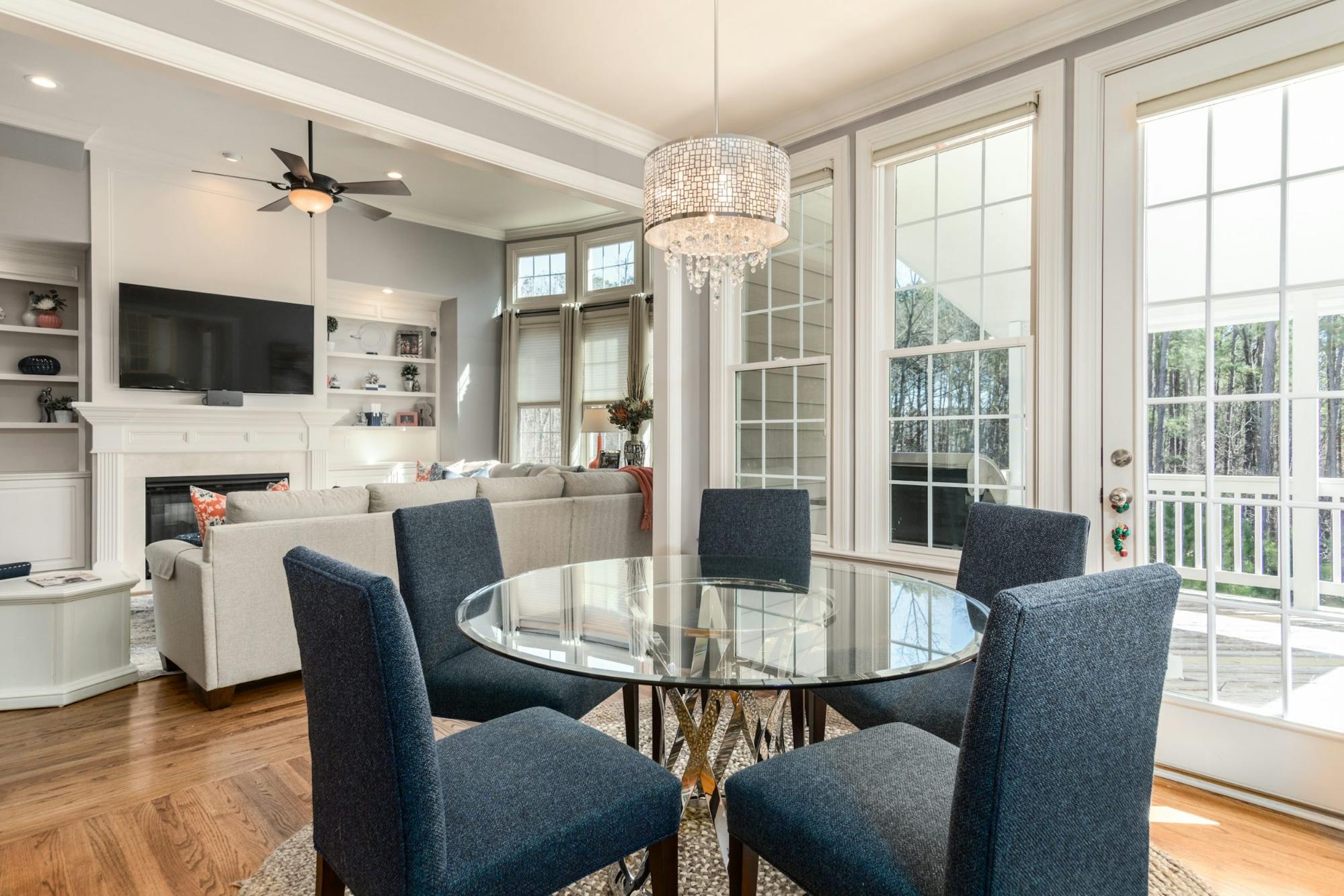The costs associated with electric heating in winter in Quebec

Heating is one of the most important elements in Quebec and all of Canada in winter. Indeed, with temperatures that drop considerably during this period, it is essential to have a good heating system to keep you warm. To date, electric heating remains one of the most popular types of heating in Quebec, because it is both economical and ecological. But this system generates various costs that you will need to take into account. Learn about them and the factors that affect electric heating expenses.
Factors affecting the cost of electric heating in Quebec
· The size of the house
It is obvious that the heating cost will be different for a house with 4 rooms, and another upstairs with a dozen rooms in total. A small area to be heated will be more economical than a larger one. A larger home will also require a larger heating system, with more heating elements.
· The insulation quality of the house
A poorly insulated house will also cause you to burn more energy. In fact, heat loss places greater stress on your heating devices, which take longer to heat the house. A well-insulated house, on the other hand, will be heated more quickly with less energy.
· The type of device
The type of device you choose to heat your home will also affect your costs. If you opt for portable electric heaters, you'll need them for every room. Their purchase price will be more expensive and these devices consume more electricity.
On the other hand, you will be able to better control their use and energy expenses, since you will only have to turn on those in the rooms where you are. The heat pump, on the other hand, is more expensive to buy and install, but it is very economical while being effective.
· The electricity rates applied
Hydro-Québec is the main electricity supplier in Quebec. There are various packages that you can choose from depending on your needs. By choosing the package that best suits your consumption, you can save on your electricity bills for your heating.
· Consumer habits
Your consumption habits also play an essential role in the evolution of your electric heating costs. For example, your expenses will be different if you run your heaters 24 hours a day and only turn them on when you are at home.
The main costs related to electric heating
· The cost of acquiring the devices
The first cost that will be charged to you concerns the acquisition of the devices. Be aware that there are different types of electric heaters, and each has a different purchase cost. For example, a portable heater is very affordable, but you will need to buy several to heat the entire house. A heat pump is more expensive.
· The installation cost
The installation cost is also a point to be expected. It also varies according to the type of heater you have purchased. A portable heater, which is very easy to install, requires no additional cost. On the other hand, a heat pump will have a more expensive installation cost because of the complexity of the system. You will even need to call in a professional to carry out the work and installation.
· The cost of maintenance and repair
A heater generally requires regular maintenance to ensure optimal longevity. You should plan for these expenses at least once a year, including cleaning the various components of the device and replacing faulty parts.
· The cost related to consumption
Finally, the most obvious cost when using an electric heater is the cost associated with your energy consumption. It depends on several factors such as how long the devices need to be switched on, their power, and many other criteria.
How to optimize your consumption and reduce the costs associated with electric heating?
If you don't have control over the use of your electric heaters, your electricity bills can quickly go up. In order to best limit your expenses at this level, here are some simple tips and tricks to apply on a daily basis:
· Check the insulation of your home
A poorly insulated home is the enemy of your heating system. The heat produced escapes through places where the insulation is poor (windows, doors, walls, ceiling...). As a result, your heaters will work longer in order to maintain the right temperature in the house. By solving your insulation problems, you are helping to reduce your electricity consumption, but you are optimizing the lifespan of your heating devices.
· Change your consumption habits
By changing your consumption habits, you can reduce your heating energy bills. For example, be sure to always close doors and windows before starting the heating system. This will avoid heat loss and optimize the operation of heating devices while minimizing electricity expenses.
Likewise, it is advisable to turn on the heating only in the rooms that are most frequently occupied. If the guest rooms are not occupied, there is no point in turning on the heating in these rooms.
· Heat the house to the right temperature
Avoid overheating your home. This will only increase your electricity bills, but your health could be negatively impacted. The ideal would be to heat the living rooms to 19°C, and the bedrooms to 17°C.
· Clean heating appliances regularly
Do not neglect the cleaning and maintenance of your heating appliances. This is the best way to ensure their optimal functioning and longevity. While there are costs involved, you will be able to save money with fully operational devices.
· Switch off the heating for a prolonged absence
If you plan to go on vacation or be away from home for several days in a row, it is advisable to switch off the heaters to avoid wasting energy unnecessarily. If you opt for connected devices, you can then program them to start up only just before your return.
Guarantee: No traces, no stress — only lasting results.
5 000 +
96%
$6,275



.avif)



